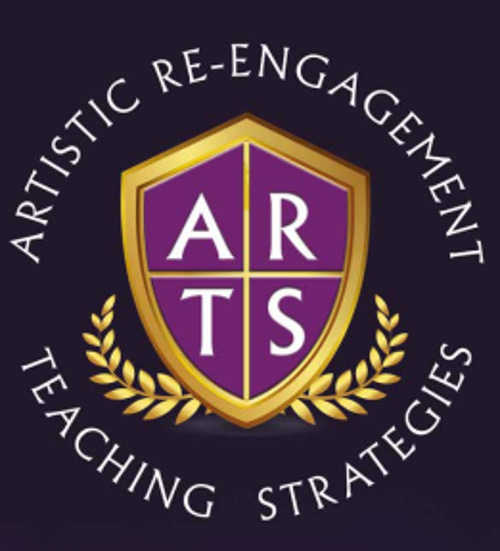
To Create: Self-worth, Opportunities & Compassion
Science Key stage 3
Science is taught throughout our curriculum and even as part of celebration days. Pupils are given opportunities to explore the history of science and also take part in experiments and then linking science to the world around us. Science linked via STEM to other areas of the curriculum is fundamental in children becoming successful members of society.
A high-quality science education therefore provides a foundation for understanding the world, the ability to reason mathematically, an appreciation of the beauty and power of mathematics, and a sense of enjoyment and curiosity about the subject.
The national curriculum for science aims to ensure that all pupils:
develop scientific knowledge and conceptual understanding through the specific disciplines of biology, chemistry and physics
develop understanding of the nature, processes and methods of science through different types of science enquiries that help them to answer scientific questions about the world around them
are equipped with the scientific knowledge required to understand the uses and implications of science, today and for the future
Scientific knowledge and conceptual understanding
The programmes of study describe a sequence of knowledge and concepts. While it is important that pupils make progress, it is also vitally important that they develop secure understanding of each key block of knowledge and concepts in order to progress to the next stage. Insecure, superficial understanding will not allow genuine progression: pupils may struggle at key points of transition (such as between primary and secondary school), build up serious misconceptions, and/or have significant difficulties in understanding higher-order content.
Pupils should be able to describe associated processes and key characteristics in common language, but they should also be familiar with, and use, technical terminology accurately and precisely. They should build up an extended specialist vocabulary. They should also apply their mathematical knowledge to their understanding of science, including collecting, presenting and analysing data. The social and economic implications of science are important but, generally, they are taught most appropriately within the wider school curriculum: teachers will wish to use different contexts to maximise their pupils’ engagement with and motivation to study science.
The nature, processes and methods of science
‘Working scientifically’ specifies the understanding of the nature, processes and methods of science for each Key stage group. It should not be taught as a separate strand. The notes and guidance give examples of how ‘working scientifically’ might be embedded within the content of biology, chemistry and physics, focusing on the key features of scientific inquiry, so that pupils learn to use a variety of approaches to answer relevant scientific questions. These types of scientific enquiry should include: observing over time; pattern seeking; identifying, classifying and grouping; comparative and fair testing (controlled investigations); and researching using secondary sources. Pupils should seek answers to questions through collecting, analysing and presenting data. ‘Working scientifically’ will be developed further at key stages 3 and 4, once pupils have built up sufficient understanding of science to engage meaningfully in more sophisticated discussion of experimental design and control.
National Curriculum
Arts is an independent alternative provider and has the flexibility to introduce content earlier or later than set out in the Science programme of study. In addition, schools can introduce key stage content during an earlier or later key stage if appropriate and in reachable achievement with the pupils' capabilities and attainment.The national curriculum for science reflects the importance of spoken language in pupils’ development across the whole curriculum – cognitively, socially and linguistically. The quality and variety of language that pupils hear and speak are key factors in developing their scientific vocabulary and articulating scientific concepts clearly and precisely. They must be assisted in making their thinking clear, both to themselves and others, and teachers should ensure that pupils build secure foundations by using discussion to probe and remedy their misconceptions
Pupils engage in:
- The development of mental strategies
- Written methods
- Practical work
- Investigational work
- Problem-solving
- Scientific discussion using precise scientific language.
- Consolidation of basic skills and routines
At A.R.T.S Science is explored through varying thematic topics with a holistic approach such areas covered (but not an exhaustive list) include:
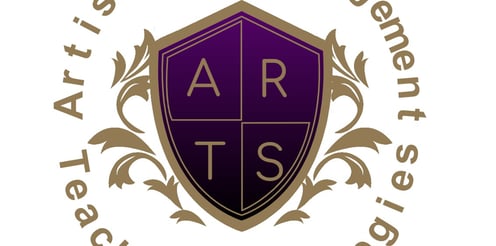

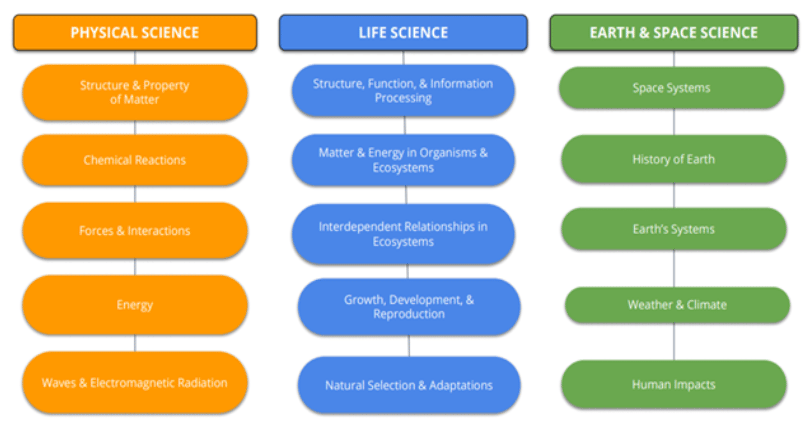

Physical Science units of investigation
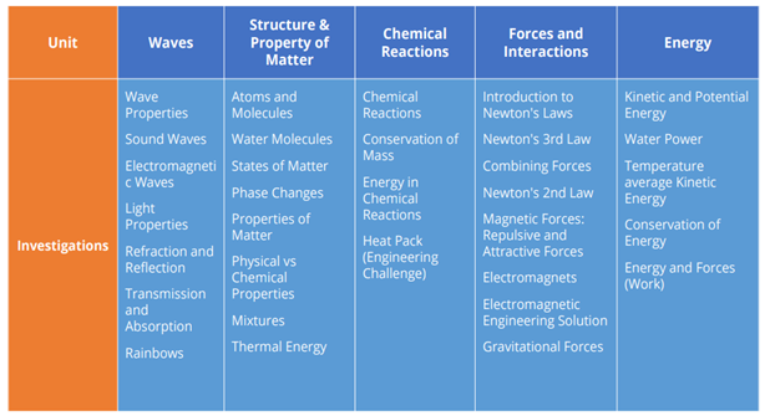

Life Science units of investigation
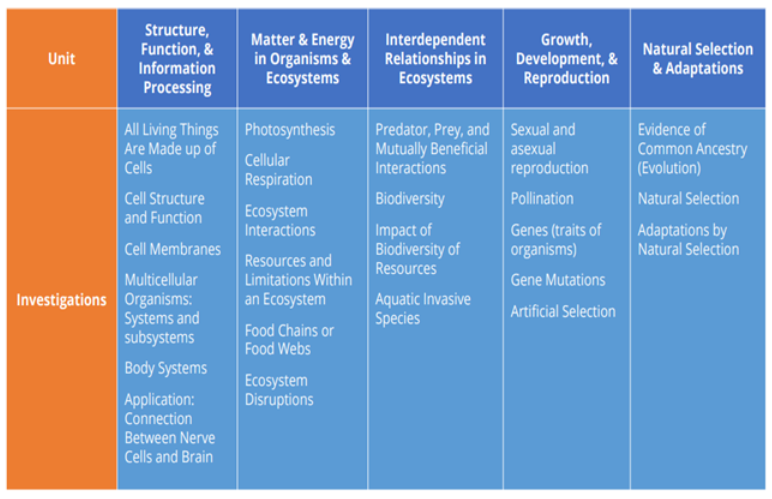

Earth and Space units of investigation
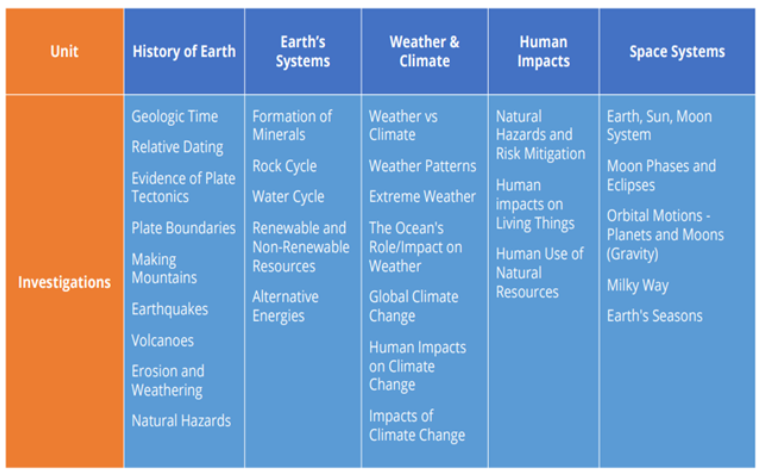

By the end of key stage 3, pupils will have an understanding of the Science units of study and will demonstrate the matters, skills and processes specified in the Science programme of study to the best of their ability.
Key stage 4 Science
Pupils will :
- use appropriate techniques, apparatus, and materials, paying attention to health and safety.
- Extend knowledge of the Periodic Table
- Pupils will present observations and data using appropriate methods, including tables and graphs
- Pupils will evaluate risks in relation to scientific enquiries.
- Make predictions using scientific knowledge and understanding
- Interpret observations and data, including identifying patterns and using observations,
- Use measurements and data to draw conclusions
- Understand that scientific methods and theories develop to take account of new evidence and ideas.
- Evaluate data, showing awareness of potential sources of error identifying further questions arising from their results
- Apply meaningful questions and develop a line of enquiry based on observations and prior knowledge/experience
At A.R.T.S Key stage 4 Trilogy Science is explored through varying thematic topics with an explicit approach such areas covered (but not an exhaustive list) include:
Key stage 4 Trilogy science units of investigation
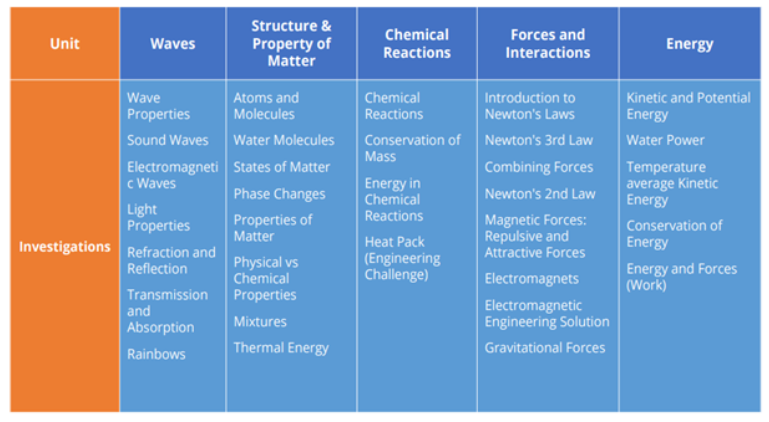

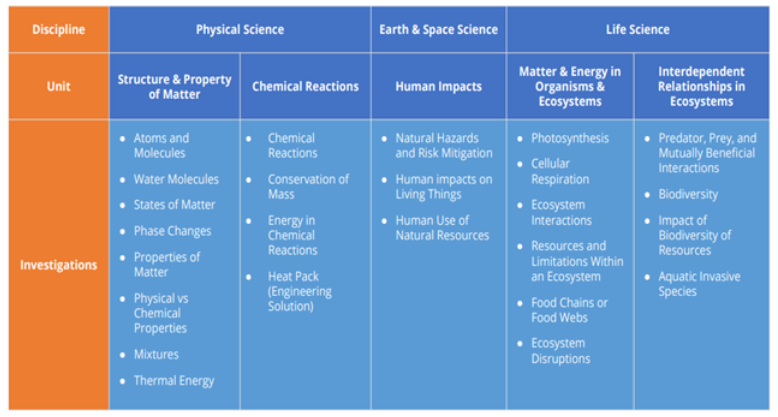

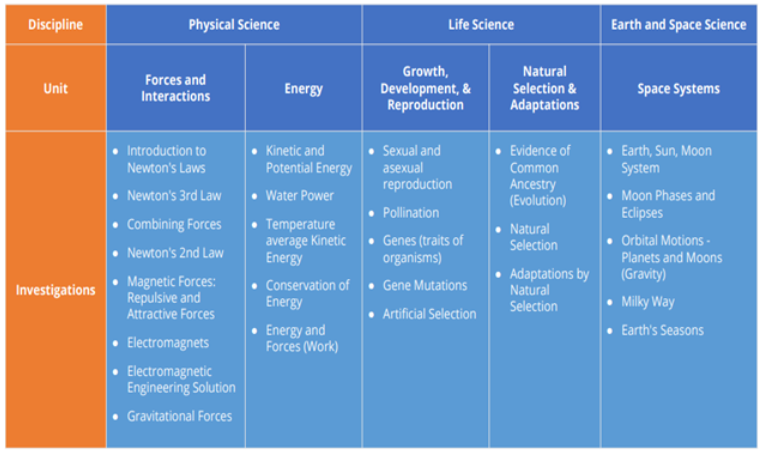

At A.R.T.S studying the Key stage 4 Science programme will equip some students to access GCSE pathway of study or other accredited courses of study. studying the sciences as a trilogy provides the platform for more advanced studies,
